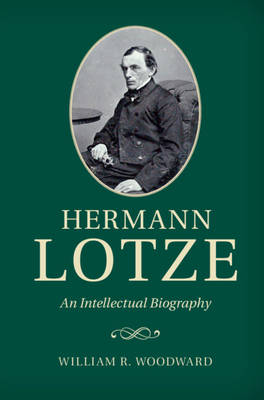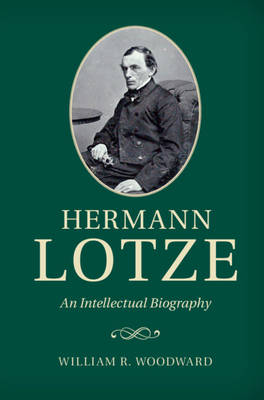
- Afhalen na 1 uur in een winkel met voorraad
- Gratis thuislevering in België vanaf € 30
- Ruim aanbod met 7 miljoen producten
- Afhalen na 1 uur in een winkel met voorraad
- Gratis thuislevering in België vanaf € 30
- Ruim aanbod met 7 miljoen producten
Zoeken
Omschrijving
As a philosopher, psychologist, and physician, the German thinker Hermann Lotze (1817-1881) defies classification. Working in the mid-nineteenth-century era of programmatic realism, he critically reviewed and rearranged theories and concepts in books on pathology, physiology, medical psychology, anthropology, history, aesthetics, metaphysics, logic, and religion. Leading anatomists and physiologists reworked his hypotheses about the central and autonomic nervous systems. Dozens of fin-de-siècle philosophical contemporaries emulated him, yet often without acknowledgment, precisely because he had made conjecture and refutation into a method. In spite of Lotze's status as a pivotal figure in nineteenth-century intellectual thought, no complete treatment of his work exists, and certainly no effort to take account of the feminist secondary literature. Hermann Lotze: An Intellectual Biography is the first full-length historical study of Lotze's intellectual origins, scientific community, institutional context, and worldwide reception.
Specificaties
Betrokkenen
- Auteur(s):
- Uitgeverij:
Inhoud
- Aantal bladzijden:
- 515
- Taal:
- Engels
- Reeks:
Eigenschappen
- Productcode (EAN):
- 9780521418485
- Verschijningsdatum:
- 9/06/2015
- Uitvoering:
- Hardcover
- Formaat:
- Genaaid
- Afmetingen:
- 155 mm x 229 mm
- Gewicht:
- 816 g

Alleen bij Standaard Boekhandel
+ 446 punten op je klantenkaart van Standaard Boekhandel
Beoordelingen
We publiceren alleen reviews die voldoen aan de voorwaarden voor reviews. Bekijk onze voorwaarden voor reviews.











